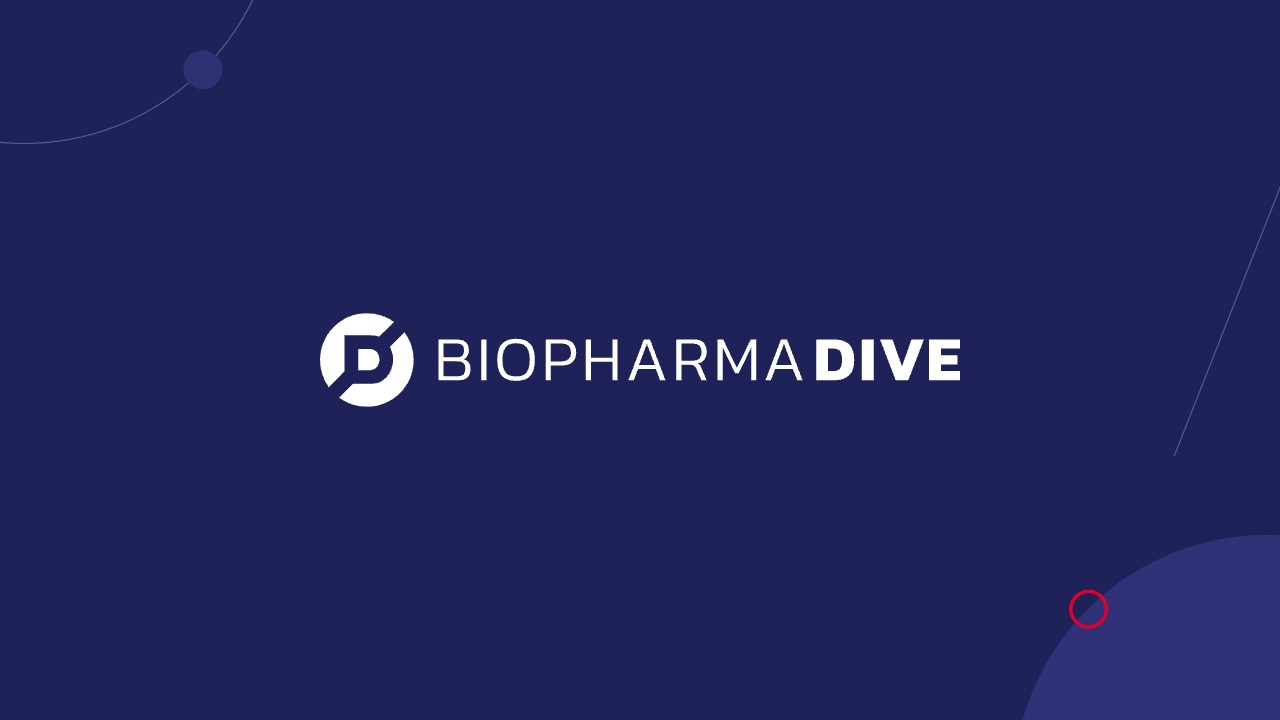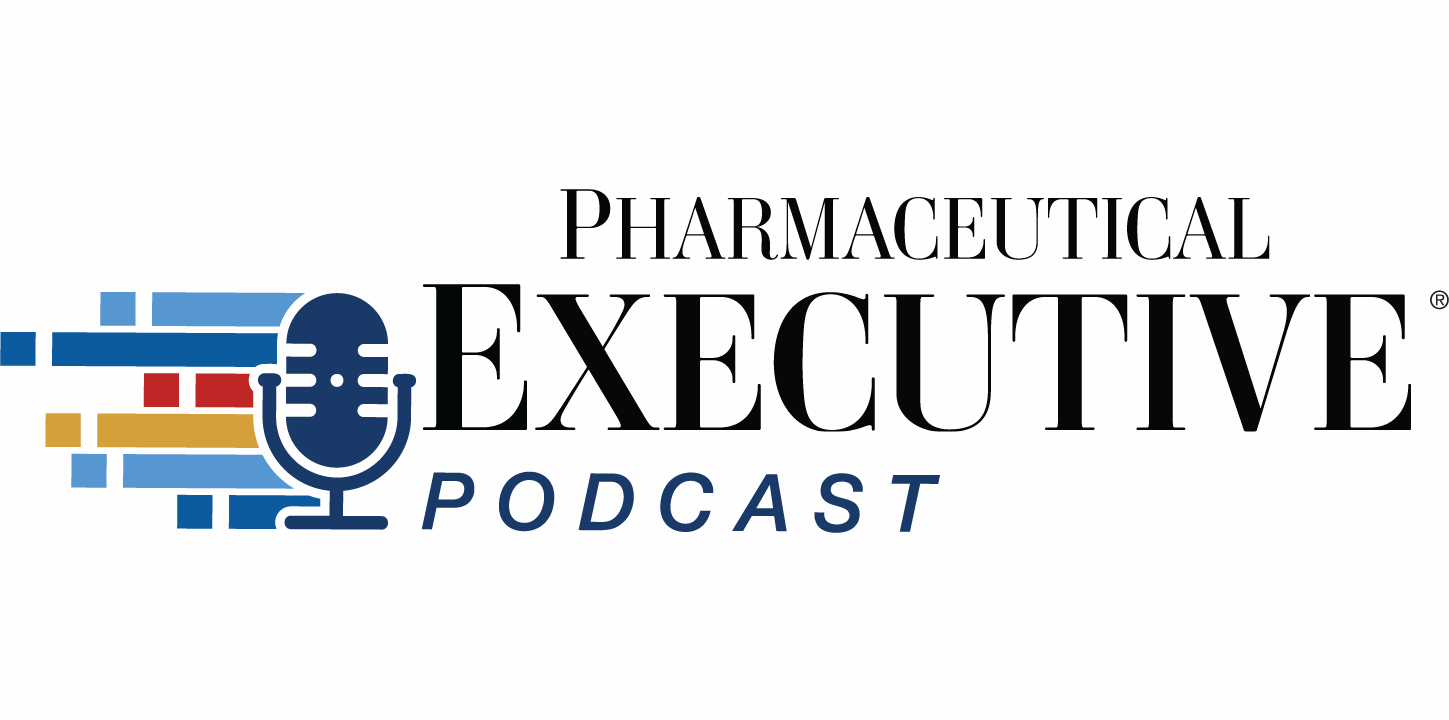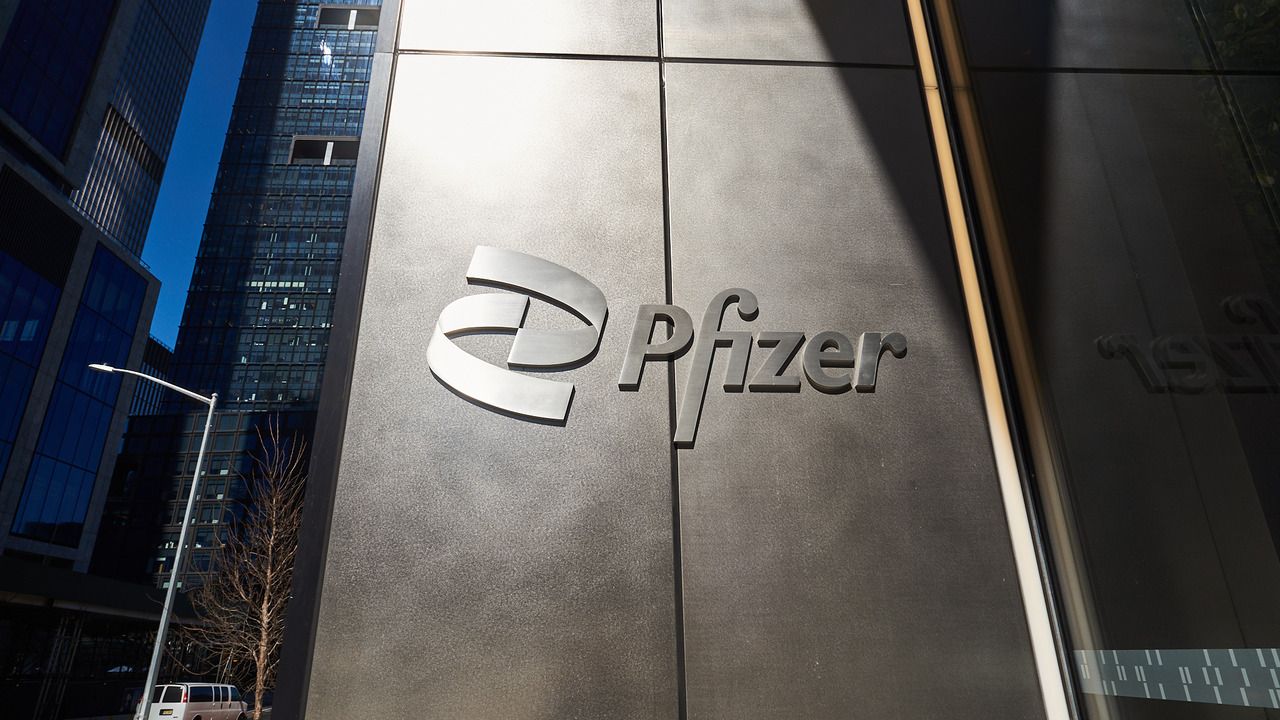[ad_1]
Albert Bourla, CEO of Pfizer, recently suggested that former President Donald Trump should be considered for a Nobel Peace Prize for his role in Operation Warp Speed and the development of COVID-19 vaccines. Reuters+3Axios+3STAT+3 On its face, it’s a bullshit claim that raises a lot of questions as Big Pharma continues to suck up to Trump with poor results.
What Bourla Claims
- Bourla lauds Operation Warp Speed as a “profound public health achievement.” STAT+1
- He says that under Trump’s leadership, vaccine innovation helped prevent economic collapse, saved more than 14 million lives globally, reduced hospitalizations, and saved over $1 trillion in health care costs. Pfizer+2Reuters+2
- Because of that scale of impact, Bourla argues this would “typically be worthy of the Nobel Peace Prize.” Pfizer+2Axios+2
Why It Sounds Ridiculous to Many
While there’s no denying that vaccines were crucial and Operation Warp Speed was historically significant in scale, the leap from vaccine success to Nobel Peace Prize is huge—and fraught with political and ethical complications. Here are some of the key reasons why the claim strikes many as overblown:
- The Nobel Peace Prize is about peace, broadly defined — but many previous winners are recognized for diplomacy, conflict resolution, reconciliation, or ending wars or human rights abuses. Saving lives via vaccines is tremendously important, but is it the same kind of peace-building recognized by the Nobel Committee? There’s precedent for awarding in recognitions of health (e.g. fighting disease or poverty), but it’s rarer and often tied to more than scientific/medical success alone.
- Operation Warp Speed had winners and controversies — critics point out issues like unequal vaccine access, distribution delays, varying public trust, questions about mandates, and mixed messaging from various agencies. Praising the achievement without acknowledging those shortcomings can feel like glossing over serious public health missteps.
- Motivation looks self-serving — Pfizer has very real stakes. The COVID vaccines are a significant revenue source, but also a target politically. Trump has called on companies to “justify” vaccine data, raised questions around transparency, etc. Bourla’s statement came in part in response to those criticisms. BioSpace+2Pfizer+2 That colours the praise: is this purely recognition, or part of image-management?
- Political context matters — Trump has a history of demanding praise, making claims of deserving high honors, etc. Bourla stepping in to affirm that claim adds to a narrative rather than standing in neutral assessment. It also exposes Pfizer to backlash from people who feel the rapid vaccine rollout was mishandled or politicized.
- Comparison with other global crises — around the world, there are many ongoing conflicts, peace negotiations, human rights crises, and ceasefires. Some argue that the Nobel Peace Prize should go toward resolving those issues rather than rewarding domestic pandemic response. Vaccine efforts are global, yes—but evaluating the impact of “peace” in that context involves more than just the number of lives saved.
What This Tells Us
- Big Pharma still wants goodwill — statements like these signal that pharmaceutical companies view the political climate as increasingly hostile and see praise or alignment with positive aspects of past administrations as a buffer.
- They are sensitive to criticism — The praise didn’t come in a vacuum but in response to Trump’s criticisms of pharma (especially Pfizer) over transparency. Bourla’s statement is defensive as much as celebratory. BioSpace+1
- Public trust is fragile — When people hear bold claims like “Nobel Peace Prize”, they expect nuance. If companies or leaders make it seem like vaccine development was flawless or undermine criticism, it may damage credibility when shortfalls are exposed.
Suggesting Trump deserves a Nobel Peace Prize for Operation Warp Speed is more than just ambitious—it’s controversial. It intertwines public health achievements with political narratives. While vaccine development was a massive and life-saving feat, it doesn’t automatically meet the standards by which the Nobel Peace Prize is typically awarded.
In short: yes, saving millions of lives is remarkable. But claiming that it merits a Peace Prize, especially in the shadow of political controversy and public distrust, is a reach. If Pfizer wanted to enhance its reputation, perhaps a better approach would have been to acknowledge both its successes and vulnerabilities—rather than making an overly grandiose claim that many will perceive as tone-deaf or opportunistic.
IS Pfizer’s Action An Example Of Pharma Trying To Buy Favor?
For years, big pharma has operated under the belief that political donations, lobbying, and backroom handshakes could keep policymakers on its side. They poured millions into PACs, funded think tanks, and built relationships with politicians who promised “friendly” policies. However, suppose the latest signals from Washington are any indication. In that case, the pharmaceutical industry is learning a painful lesson: no amount of political spending buys lasting protection when the public mood is against you.
The Illusion of Immunity
Pharma companies often mistake transactional influence for long-term safety. The logic goes something like this: contribute enough to campaigns, provide talking points about “innovation,” and regulators will look the other way. For a while, this strategy seemed to work. Drug pricing reform bills were watered down, and harsh rhetoric rarely translated into action.
But administrations—especially ones with a populist streak—love a villain. Pharma, with its record-breaking profits and public perception as profiteers, makes the perfect target. No president or cabinet secretary loses political capital by taking on drug companies, regardless of the amount of money funneled into election-year war chests.
A Convenient Scapegoat
Healthcare costs are a kitchen-table issue. Voters feel them every month at the pharmacy counter, and drug ads on television are constant reminders of both life-changing treatments and sky-high prices. When politicians need a win or a distraction, big pharma is low-hanging fruit.
That’s where the industry finds itself today: despite years of trying to buy favor, pharma is once again in the crosshairs of the administration. Proposals for price controls, expanded Medicare negotiations, and restrictions on “pay-for-delay” tactics are no longer just campaign rhetoric—they’re policy realities.
The Price of Playing Both Sides
Pharma thought it could play both sides of the aisle, but that strategy is backfiring. Aligning too closely with one administration only makes you a target for the next. And trying to cozy up to both exposes the industry’s opportunism. At the end of the day, politicians know pharma isn’t in the business of loyalty—it’s in the company of profit.
What Pharma Didn’t See Coming
Pharma didn’t anticipate how little patience the public has left. After years of stories about insulin gouging, opioid settlements, and billion-dollar ad spends, trust is at an all-time low. That makes it politically safe—even advantageous—for leaders to call the industry out.
And unlike in the past, voters don’t just shrug. They want action. Drug affordability is no longer a partisan issue—it’s a survival issue. That reality makes pharma’s political investments look less like protection and more like wasted cash.
Pharma believed it could buy influence and keep reform at bay. Instead, it has painted a target on its back. The industry’s mistake was assuming money could shield it from accountability. But administrations change, voters don’t forget, and in the fight between billion-dollar companies and struggling patients, pharma is always going to be cast as the villain.
[ad_2]
Source link









